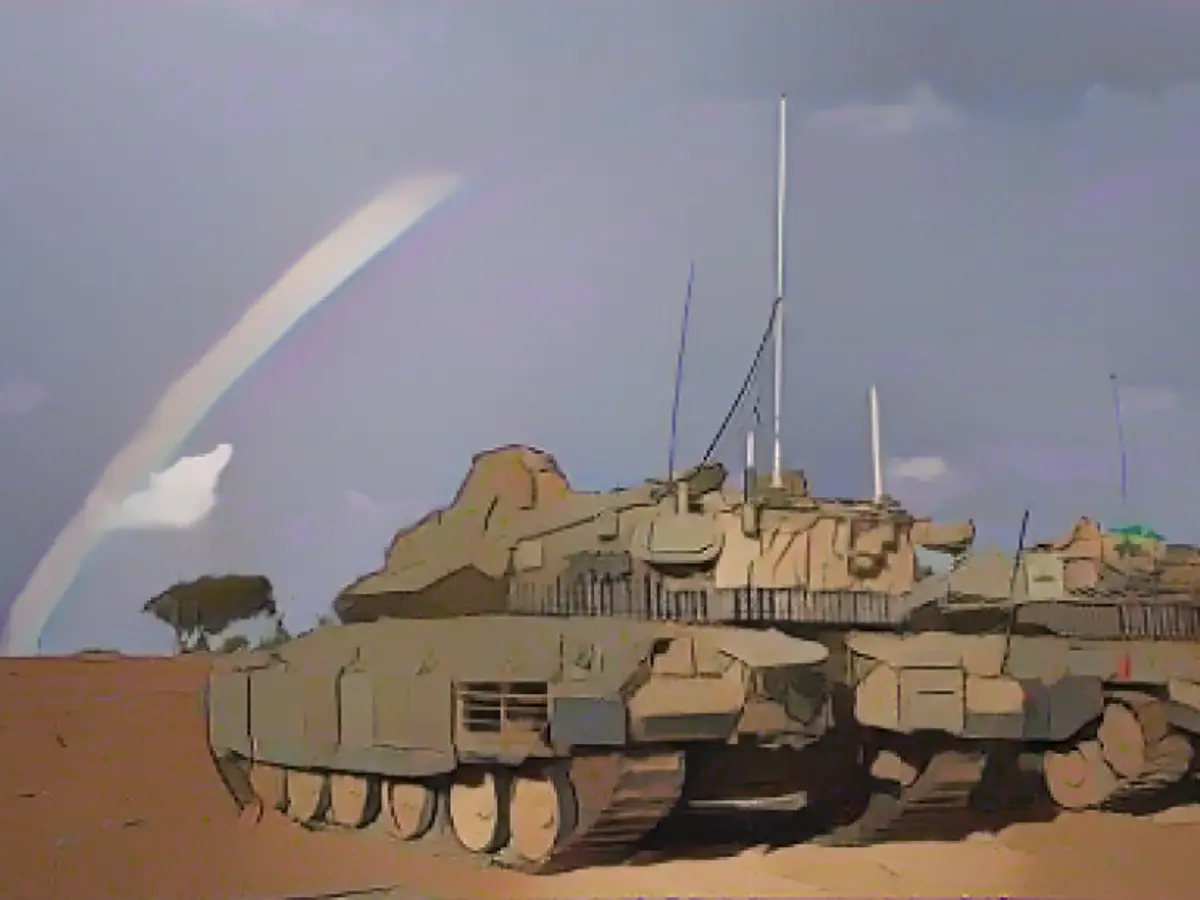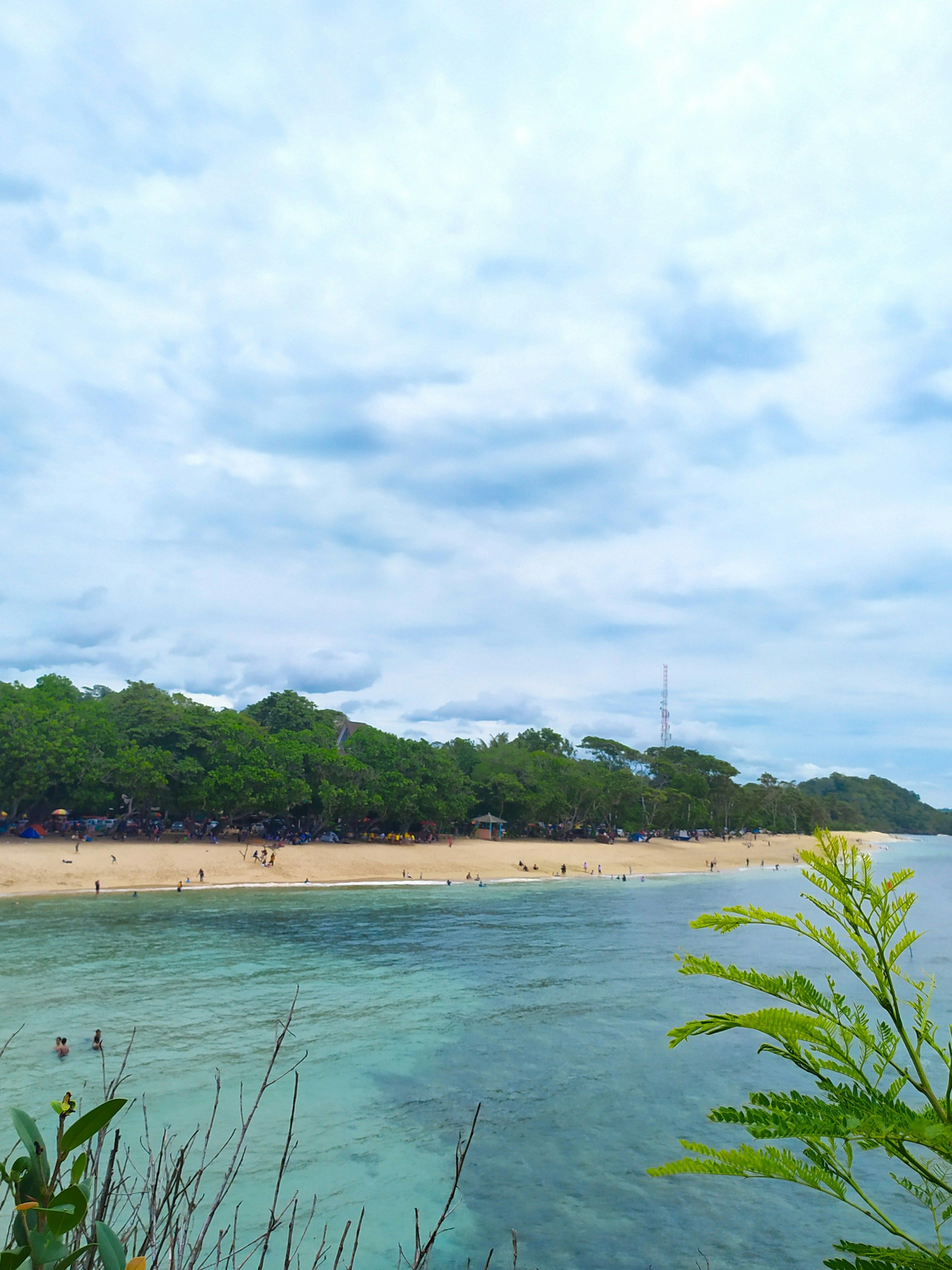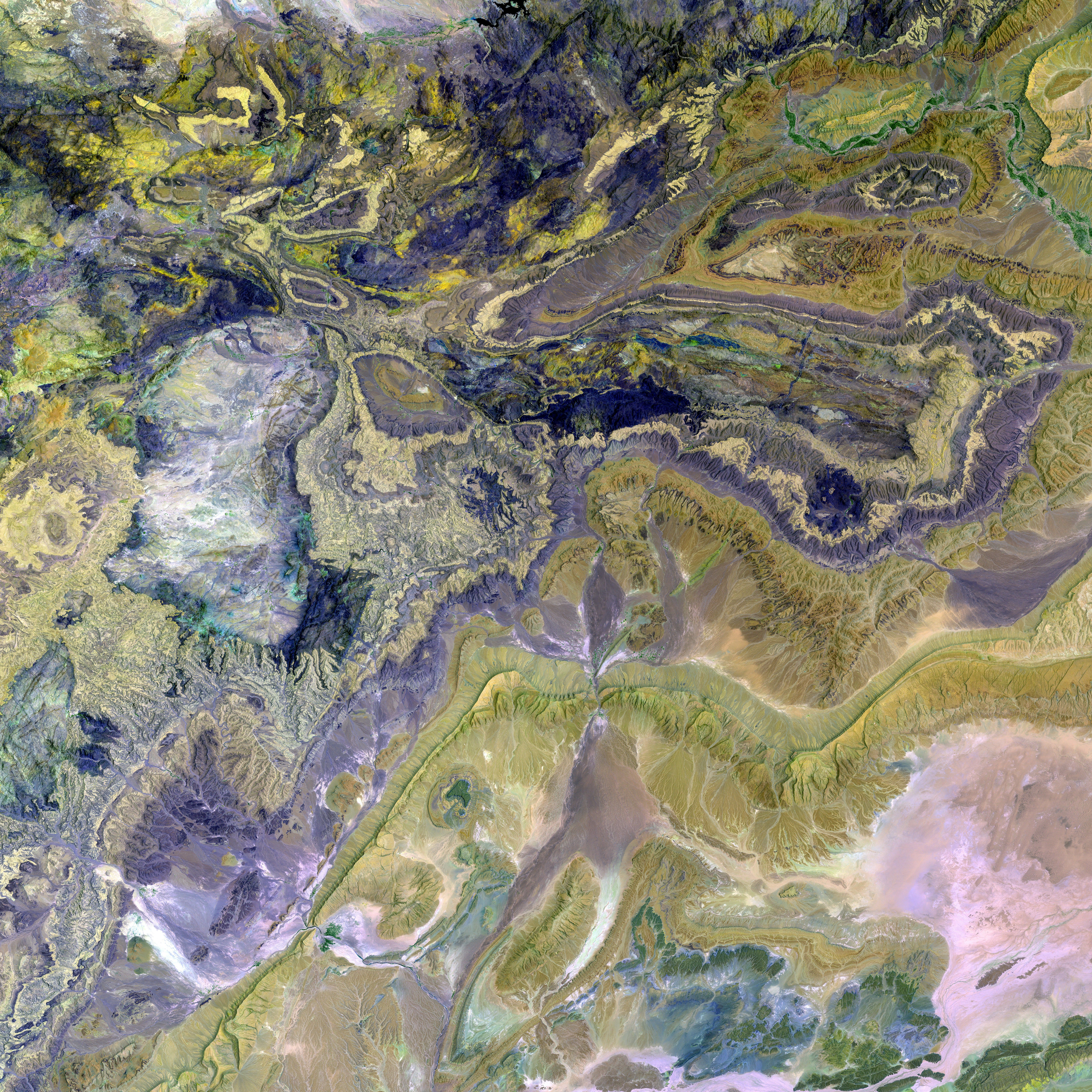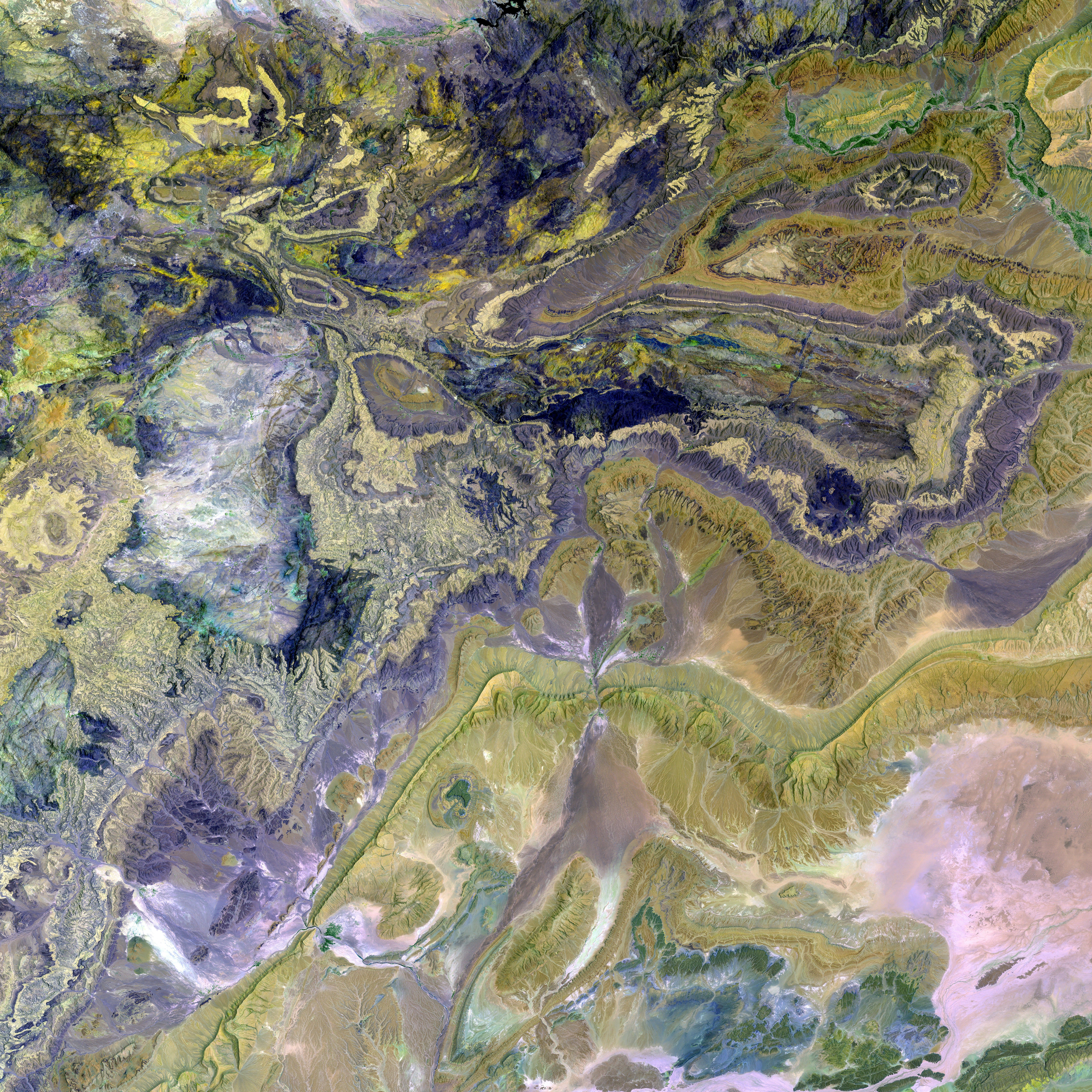Tit-for-Tat in the Middle East: The Israeli-Hamas Conflict and Its Implications
The devastating Hamas attack on October 7, leaving up to 1,200 casualties, caught the Israeli army off guard and sent shockwaves around the world.
The brains behind the Israeli defense strategy
Meanwhile, security expert Dan Schueftan, a former advisor to the Israeli National Security Council and two prime ministers, shares his insights on the challenges facing Israel. "Unfortunately, we have to strike where the infrastructure is," Schueftan states. "Hamas' infrastructure consists of hospitals, schools, mosques, and UN facilities."
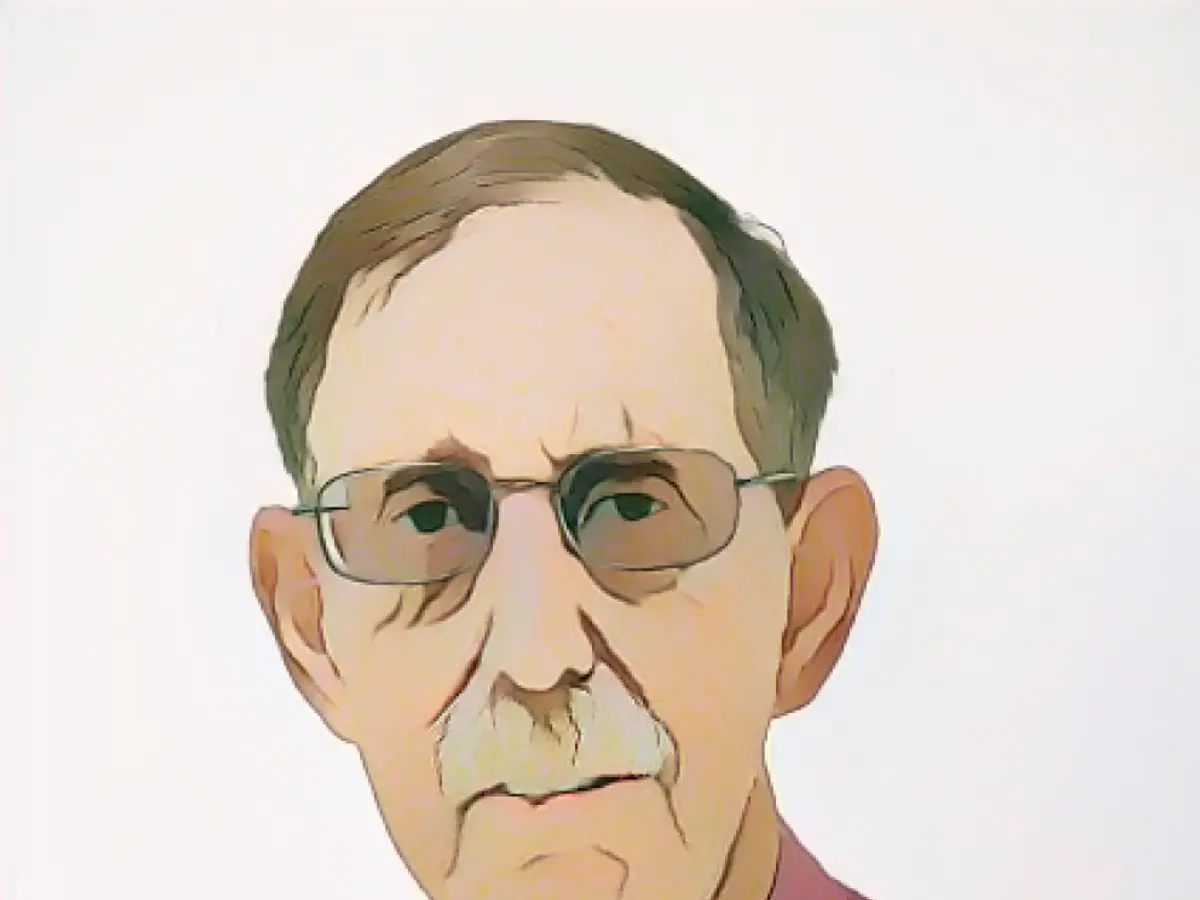
Assessing Israel's strategies and shortcomings
For post-conflict phases, Schueftan advocates a zero-tolerance policy towards any militant activity. "It's likely that anyone approaching the border will be shot. We're dealing with barbarians. Every time you have something that can harm us, we will come to your home and kill you," he says bluntly. However, he is quick to criticize Israeli policies, claiming the country has made mistakes by supplying Palestinians with wood, water, fuel, and medicine, as well as bringing approximately 18,000 Gazans to work in Israel as spies.
Confronting Hamas, Hezbollah, and Iran
Tackling Hamas, Hezbollah, and Iran becomes a primary concern for Israel. Shueftan suggests a tour of Gaza for Hezbollah to witness the devastation their actions have brought upon its inhabitants. Addressing Iran, he proposes pushing the country's military back toward its northern borders.
Mounting tensions with Iran may lead to an all-out war, according to Schueftan. "If Israelis can't live on the border, that will be the beginning of the end for Israel."
Israel's Strategic Challenges
- Inadequate Infrastructure: Hamas' use of hospitals, schools, mosques, and UN facilities complicates Israel's military operations.
- Example: During Operation Protective Edge, 14 UNRWA schools were hit by Israeli artillery, causing a humanitarian crisis[1].
- Supplied Enemies: Israel's support for the Palestinian population can inadvertently empower militant groups.
- Israel provided electrical power to the Gaza Strip, which allowed Hamas to construct a vast underground tunnel system for weapon storage and attacks[2].
- International Involvement: Powerful global actors like the United States and Europe play a crucial role in shaping the Middle East conflict.
- Schueftan has reportedly advised high-ranking European and American Politicians on Middle East issues[1].
- Escalating Conflict: Israel must carefully balance military action against Hamas, Hezbollah, and Iran to prevent triggering a broader conflict.
- Cross-border attacks and Turkish support for Hamas and Syrian rebels against the Syrian government have increased tensions between Turkey, Israel, and Iran[3].
Sources and Enrichment Data:
